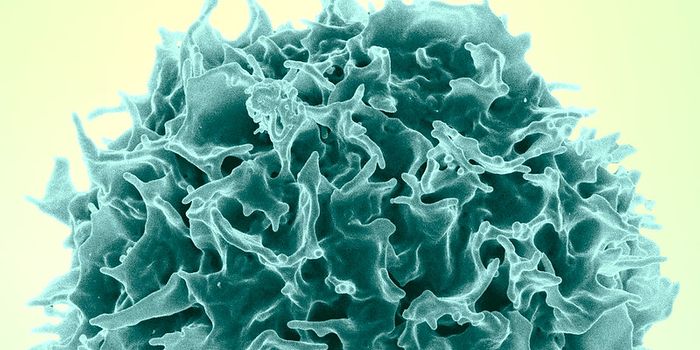Human T Cells Can't Recognize COVID Mutants
Genetic variants of the SARS-CoV-2 virus have emerged and tightened their grip on global communities as the pandemic rages on. In the United States, variants such as B.1.1.7, B.1.351, and P.1have been classified by the CDC as “variants of concern”—flagged for their ability to cause more severe disease and undercut the effectiveness of vaccines, treatments, and diagnostics.
Now, a recent study has revealed how these mutants are also able to evade recognition by T cells.
Virally-infected cells use class 1 major histocompatibility complex proteins (or MHCs) to display fragments of viral peptides on the cell surface. Immune T cells circulate the body on the hunt for pathogenic intruders. When they recognize a suspicious-looking peptide bound to an MHC molecule, the T cell is activated, releasing cytotoxic factors to destroy the infected cell and restrict the pathogen’s ability to do more damage.
However, viruses are adaptable and have ways of avoiding T cell detection, such as by blocking MHC molecules bearing viral peptides from getting to the cell surface.
The research team studied how SARS-CoV-2 mutations affected T cell recognition compared to the wild-type virus. "We found that several variants resulted in complete loss of responsiveness to the T cell lines evaluated," wrote the authors of the study, uploaded to the preprint server bioRxiv.
The scientists hypothesize a number of mechanisms by which the mutants are resisting elimination by T cells including potential differences in antigen-presenting or the mutants’ ability to interfere with the recognition of the MHC-bound peptide by the T cell receptor.
To confirm these findings, the team exposed viral peptides from variants to T cells isolated from convalescent donors. They found that these T cells showed markedly decreased functionality when it came to recognizing viral peptides as pathogenic.
"Our findings demonstrate the potential for T-cell evasion and highlight the need for ongoing surveillance for variants capable of escaping T-cell as well as humoral immunity," wrote the authors.
Source: BioRxiv.









